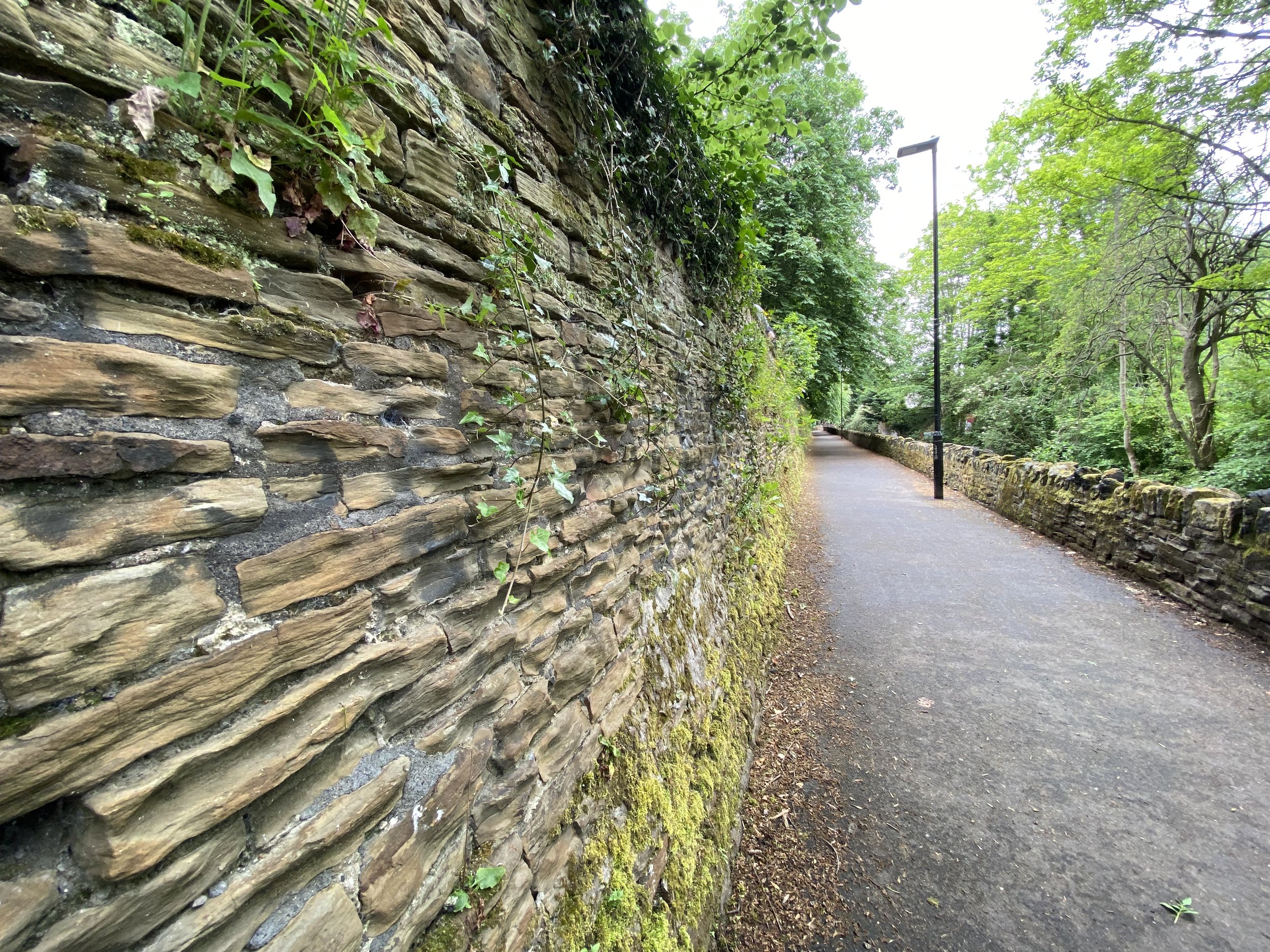
Alexander Technique
keep your head
The Alexander Technique is a way
of unlearning unhelpful habits
that interfere with our natural balance and movement;
a way back to the poise we had before habit took hold.
The Alexander Technique was named after Frederick Matthias Alexander (1869-1955) who devised it after his own experience of working on himself to combat continuing voice loss. He realised that he had habitual patterns which caused underlying tension, leading to his voice problems.
Originating from Australia, FM Alexander came to Britain in 1904, where his pupils included George Bernard Shaw, Aldous Huxley, Sir Charles Sherrington and John Dewey. He founded the first training school in the 1930s. Today there are many training schools worldwide; Alexander Technique is taught in many educational establishments, as well as individually.
Some well-known students of the Technique are Dame Judi Dench, Robin Williams, Madonna and Yehudi Menhuin.
I had my first lessons in 1995, seeking help for back problems. As my study of the Technique progressed, I realised it was a powerful tool for change of all kinds. My continuing learning included a specialist Alexander Technique and Voicework course in Australia .
In 2001, I decided to train as a teacher.
Key principles of the Alexander Technique:
Use affects functioning - how we use ourselves affects what we do
Psychophysical unity - mind and body are inseparable
Primary control - our inbuilt mechanism for balance and support
Unreliable sensory appreciation - habits feel ‘right’, new ways ‘wrong’
Inhibition - refusing to respond to a stimulus in an habitual way
Direction - conscious projection of psychophysical patterns
Means whereby - emphasis on the process of achieving an end, rather than the end itself
My Alexander Technique teacher training:
2001-2004 Cumbria Alexander Training
Professional Association:
Further reading:
The Society of Teachers of the Alexander Technique
Alexander, F.M. (1932) The Use of the Self. London: Orion (2001 re-issue)
Longer reading list available on request